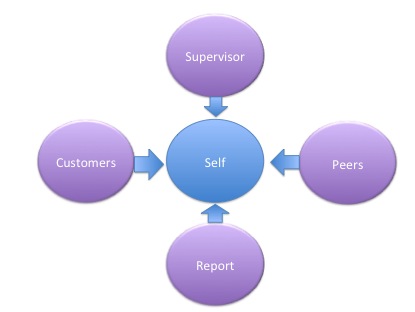Is your organization on job descriptions or job profiles?
 Courtesy of Curtis Alan Jackson with no edits.
Courtesy of Curtis Alan Jackson with no edits.
With increasing focus on achievement of results, role profiles are rightly replacing job descriptions even though at a somewhat slower speed than one would expect. In developing countries such as Tanzania, the use of role profiles is even scantier. It is a reflection of continued predominance of the traditional functional rather than results based outlook of the job.
A major downside of the job description is its functional focus that blurs not only the focus on but also conceptualization of results of any given job. A job description is essentially an assembly of activities related to skills and common areas of expertise. Such a configuration virtually bears no reference to results to be achieved. Continue reading...
 We all agree that performance is about results. It is about delivering the results or service expected
by customers. Depending on your position in the organization you may be serving external or internal
customers. Both have similar needs in that they need your service; and they need it so much that
they are desperate if you do not deliver it in time. However, the service delivery process has
considerable interconnections that need consideration in ensuring an employee's effective and sustained
performance.
We all agree that performance is about results. It is about delivering the results or service expected
by customers. Depending on your position in the organization you may be serving external or internal
customers. Both have similar needs in that they need your service; and they need it so much that
they are desperate if you do not deliver it in time. However, the service delivery process has
considerable interconnections that need consideration in ensuring an employee's effective and sustained
performance.

